What mistakes should you avoid making for the well-being of your cat?

Certain behaviors that we have adopted with our cat can sometimes prove harmful to him without this necessarily being obvious at first glance. The owner of a cat obviously wants what is best for him, but we know that sometimes the best is the enemy of the good.
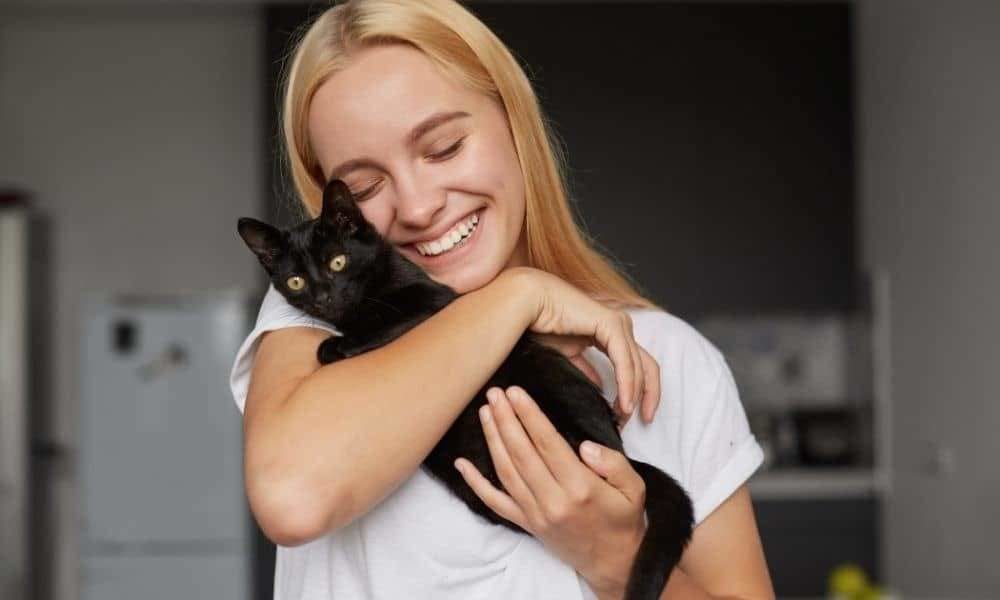
Taking care of your cat's well-being requires a form of increased vigilance considering everything that surrounds your cat's daily life. Their environment, their playing habits or, of course, their diet. It is therefore preferable to scrupulously learn about each of your cat's habits in order to determine whether they are good or bad for them.
Protect your cat from possible poisoning
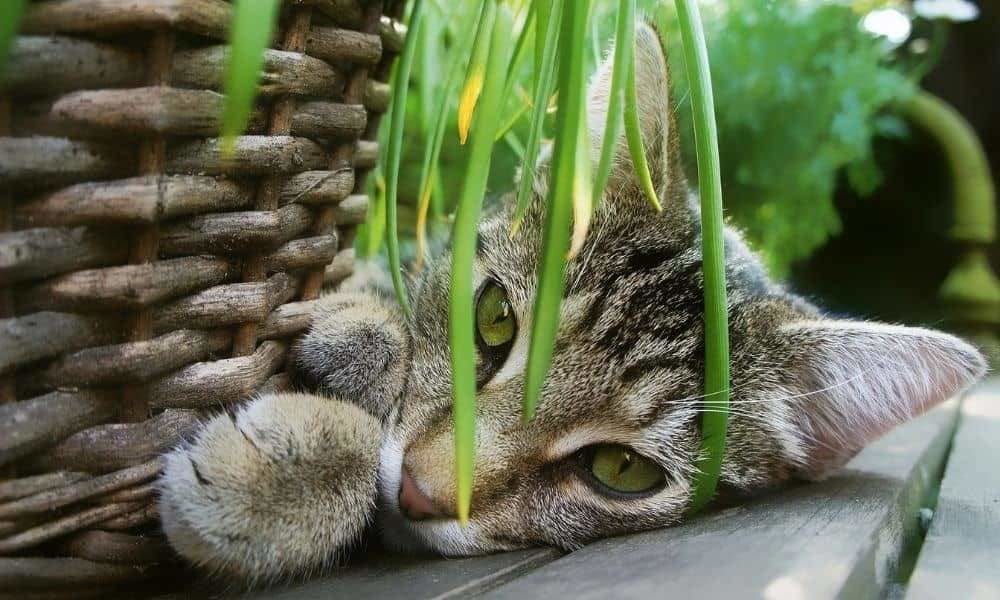
You should not imagine that a cat is as reasonable as a human can be in its environment. Cats, in fact, love to discover all the new things in the house , even if it means behaving in ways that could be harmful to them. They are curious animals after all and curiosity can sometimes cause them harm.
Of all the dangers your feline is likely to encounter indoors, it is still green plants that are the most potentially harmful. It is always pleasant to furnish your home with greenery to make it more livable. However, what appears to us as simple interior decoration can turn out to be a bad experience for your cat.
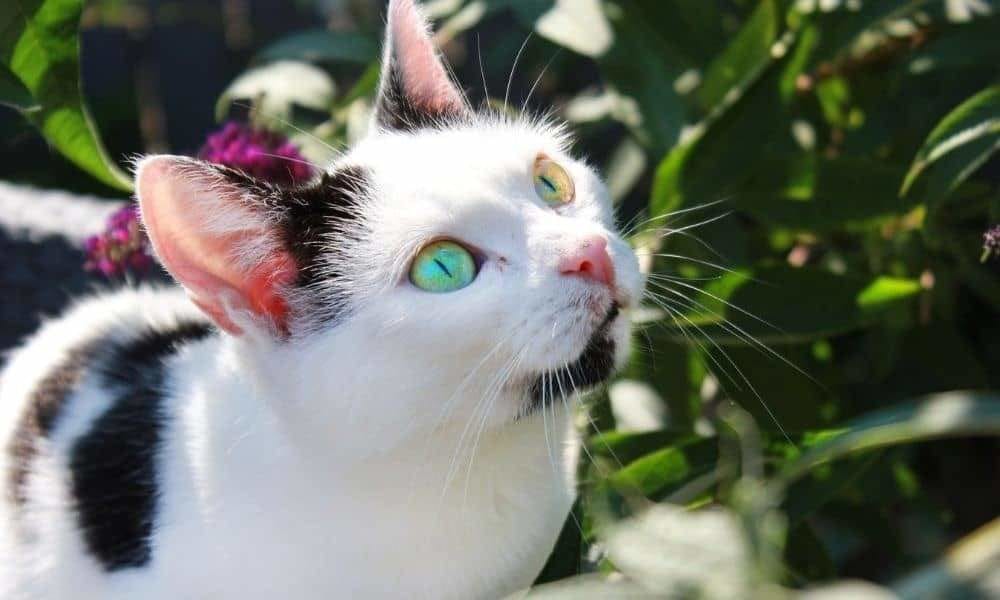
Certain green plants, seemingly innocent to us, can prove fatal for your cat when they are so curious as to try to taste them or even drink the water in which they are soaked. Ficus and Yucca should absolutely be avoided due to their toxicity. But there are even more plants that are potentially fatal for your cat. Even lily of the valley is one of them among many other varieties.

Also, before buying an indoor plant to add greenery to your home, always take care to find out about its toxicity in order to protect your little four-legged companion. And don't think that placing a plant high up will keep it out of your cat's reach. These are both agile and curious enough to reach the most unlikely places.
Don't let your cats play with a string
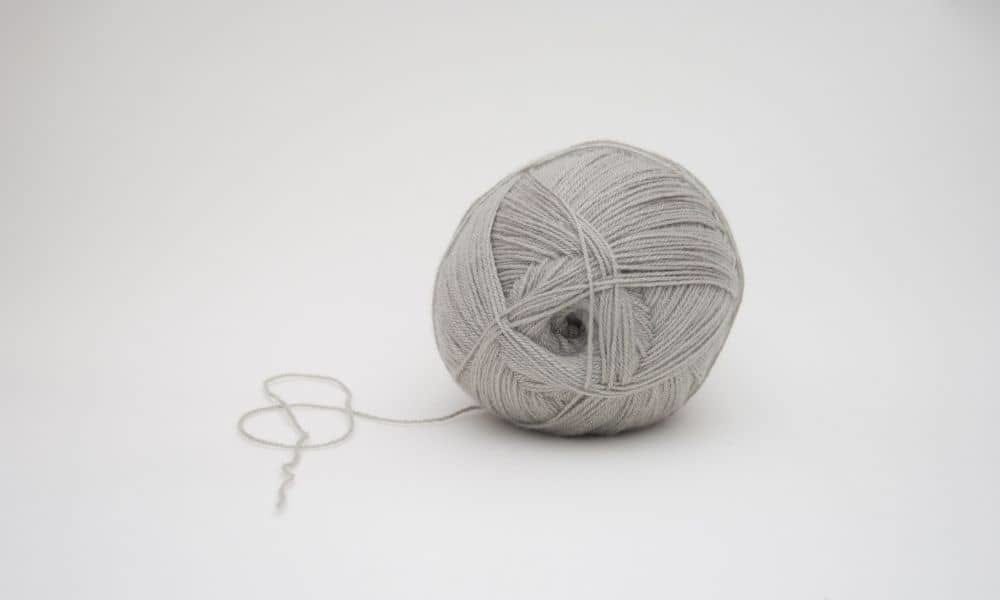
Contrary to popular belief, string or a ball of wool are not your cat's best friends. If, indeed, a string or a ball of wool can entertain your cat for hours on end, they do not constitute a game promoting the well-being of your animal. Quite the contrary.
By playing with such utensils, you expose your cat to a certain danger. In fact, while playing with it, he can ingest part of the string or ball of wool with which he knows how to have so much fun. This can cause significant damage to your cat's intestines to the point of requiring surgery to remedy the worst.
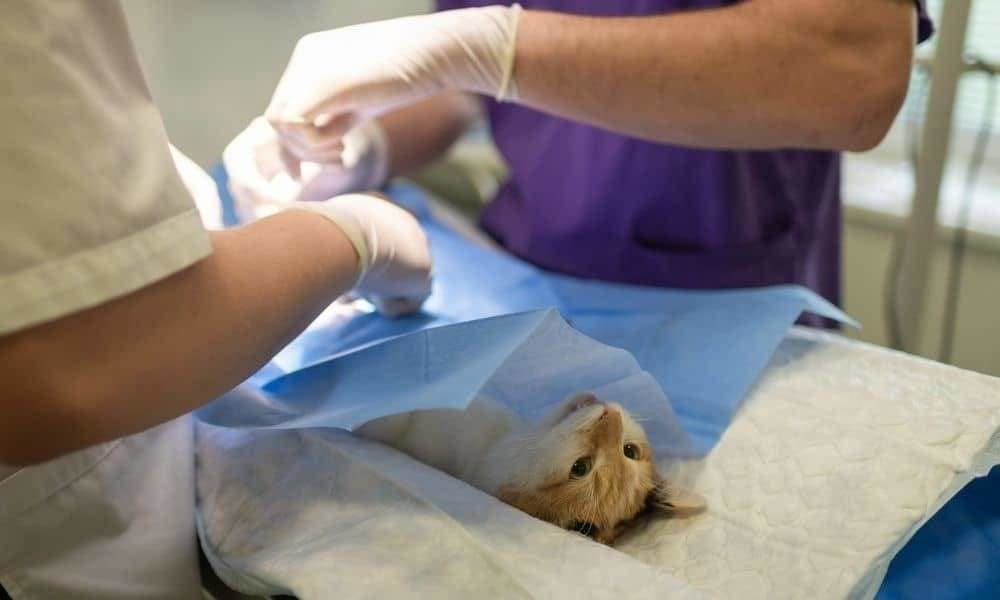
It sometimes happens that swallowing a piece of string – of a substantial size – directly results in a series of serious problems in your cat's intestines . He does not necessarily know how to externalize his pain, although it is present. Be very attentive to the slightest change in behavior observed in him. Loss of alertness and appetite are common symptoms.
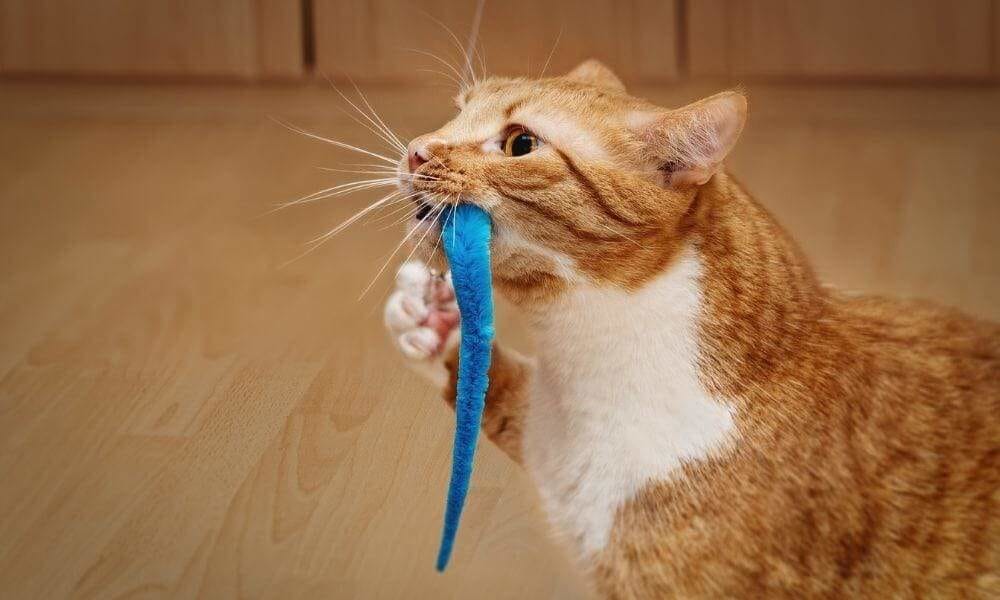
So that your cat can play peacefully and without risk , make sure that the toy you give him is certified harmless for him. In the event that you are not sure whether the toy in question is harmless, it is best to contact a specialist seller.
In our online store for cats, you will find toys so that they can have fun in complete safety: balls, fishing, tunnels, laser games, mice, fish and much more...
Feed them something other than dry kibble
Of course, your cat can and should even eat kibble. However, this diet should not consider the one and only source of food at your disposal. Even cats that drink the most never drink enough.
However, dehydration , quite common in cats, can cause various forms of pathologies. Your cat's teeth may become loose and serious, but also difficult to notice, urinary problems may occur.
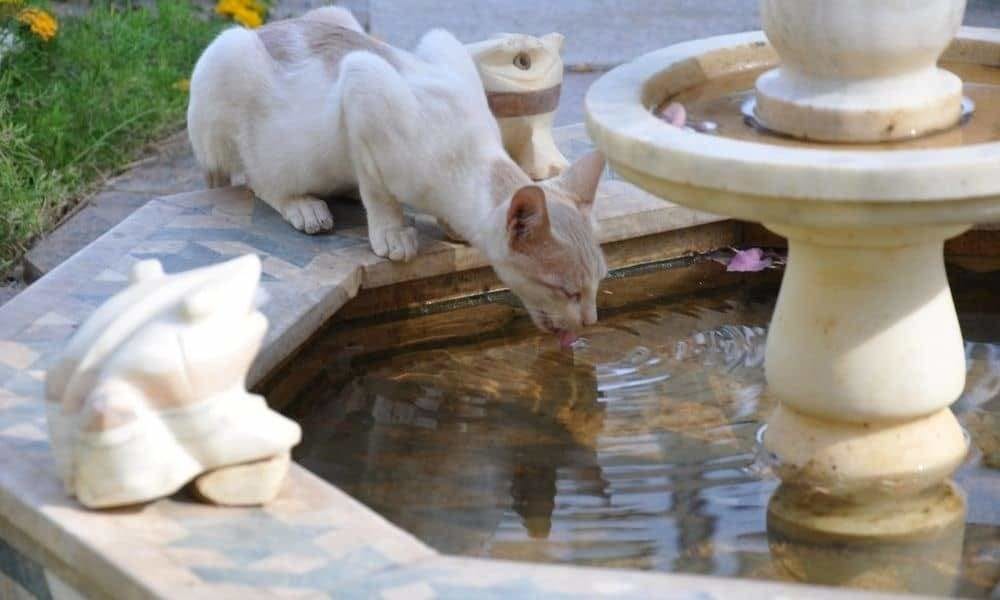
For this reason, it may be harmful for your cat to feed him only dry kibble. It is preferable, for its diet, to vary both kibble and hydrating food so that your feline is never deficient.
Sometimes we want to do too well for our cat if we fail to do well. It is better to learn about each of your cat's habits to know if they are beneficial to him. This is the best way to take care of him. For more information, do not hesitate to consult your veterinarian so that he can inform you in more detail.




